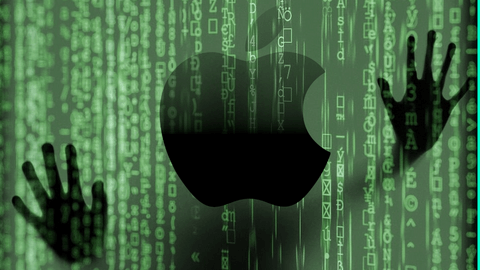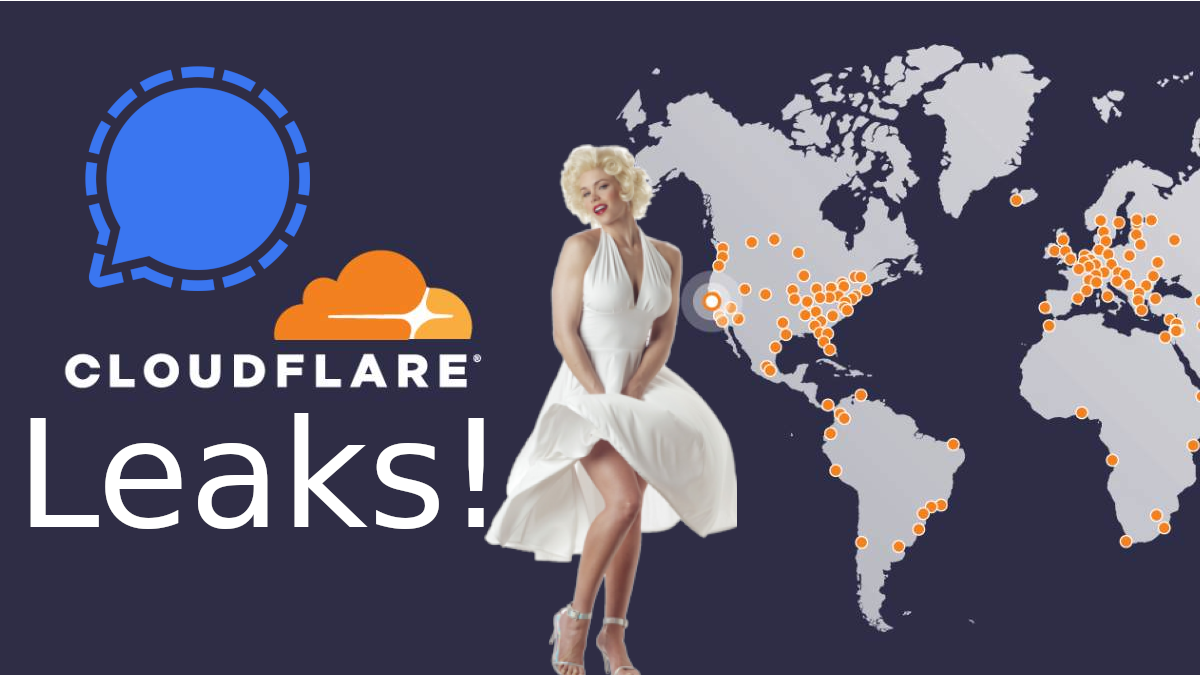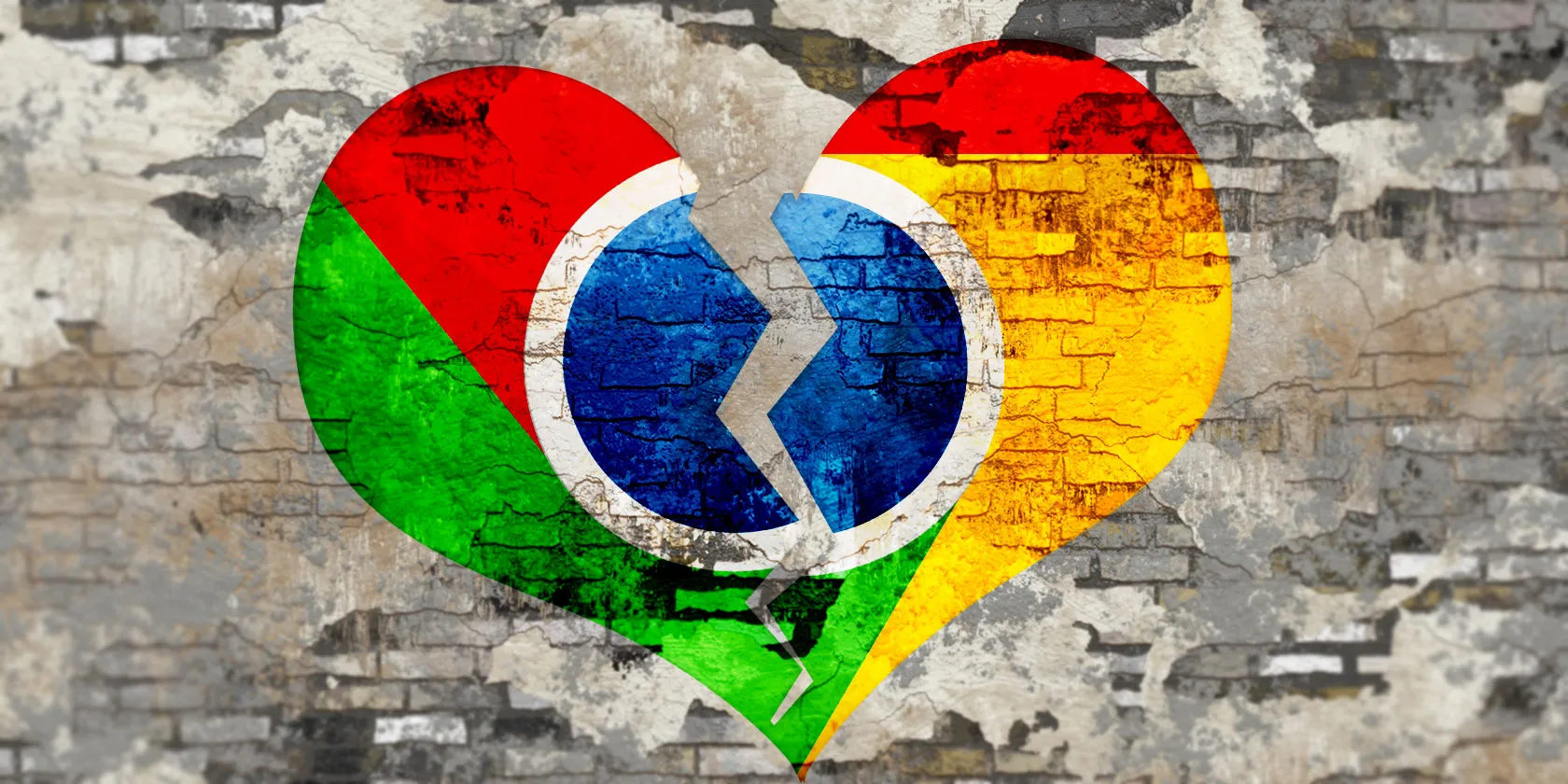Apple’s “Pro-Privacy Stance” is Propaganda
Apple is the #1 surveillance organization in the world

Apple is the #1 surveillance organization in the world, with powers far greater than Google or Facebook. Yet they have managed to convince the masses of sheep consumers that Apple is focused on privacy with its billboards and video ads.

This is primarily because most people do not understand the technology and have not actually read Apple’s legal terms of service. /nYou can learn a ton about privacy by subscribing for free to our new content by email, by Session messenger, or RSS feed.
markdown
Exercitation voluptate irure in irure tempor mollit Lorem nostrud ad officia. Velit id fugiat occaecat do tempor. Sit officia Lorem aliquip eu deserunt consectetur. Aute proident deserunt in nulla aliquip dolore ipsum Lorem ut cupidatat consectetur sit sint laborum. Esse cupidatat sit sint sunt tempor exercitation deserunt. Labore dolor duis laborum est do nisi ut veniam dolor et nostrud nostrud.
Overview Summary
- All your data is centralized to them, and their terms of service says they can use and sell it. [1]
Their own ad network and legal terms favor abuse. [20] - Your financial information and therefore your real identity is tied to your Apple ID
- iCloud and iMessage are insecurely designed in a way in which allows for complete surveillance. [19]
- iPhones use unique BDE Bluetooth technology to not only track your location 24/7, but even what other iPhones are around you (without even needing the internet, through their Mesh Network [4] [11a] [11b])
- Apple uses AI driven Client Side Scanning, which means that they have the phone’s motherboard analyzing content BEFORE it gets encrypted. So if you send a friend an encrypted picture on a secure message app such as Signal, Apple still can see it because the device’s CPU reports back your information before it’s encrypted. [3] [5] [6] [7]
Let’s dive into more detail about each of these points:
All Your Data is Centralized

All products and apps in the Apple ecosystem are tied to a single Apple ID, which enables Apple to control and see 100% of your data across multiple devices with telemetry. Instead of spreading this trust out among many large companies, you’ve put all your eggs in a single basket. [1]
To demonstrate its true level of surveillance, we only have to reference that Apple is currently working on a project with UCLA and Biogen to track your mental state and have the AI predict if you’re depressed. [15]
iCloud is not private

Apple dropped end-to-end encryption on iCloud backups because the US FBI complained they’d lose access to data. [16] Even though the FBI may be obtaining this data illegally or unconstitutionally, that part is of no concern to Apple.
iCloud is not private
As privacy influencer The Hated One criticizes, Apple’s software offers no way to verify the authenticity of iMessage contacts, so they or law enforcement can inject their own encryption keys and monitor your conversations in real time. [19] Also iMessage doesn’t even attempt to obfuscate the metadata, which is the data about the data, such as whom you talked to and when. All of this information about what you’re doing is up for grabs as plain text [19] and therefore can be monetized by Apple using its ad network as per its privacy policy. [1] [19] [21]
Even if Apple claims to use advanced techniques to obfuscate data, such as “differential privacy”, it isn’t open source, so we can’t evaluate it. [17] [19]
Client Side Scanning
Other big tech firms scan pictures for illegal content uploaded on to its servers, while as Apple’s new policy is to have the client’s motherboard scan its own hard-drive using AI to identify content that Apple decides to be harmful. This is done before the end user is able to encrypt the data, so this policy is a complete end to meaningful privacy. [3] [7]

Apple’s propaganda has convinced uninformed end users that the AI will only be scanning the hash or encrypted nonsense to find a match with known child pornography. However if this strategy were literally followed, then any image that was resized, cropped, or even slightly modified by a few pixels could have an entirely
different hash that would show up as negative to Apple’s AI. [3] [18a] [18b]

Cybersecurity expert Rob Braxman points out that binary hash matching will likely produce no meaningful results, and so we can logically assume that Apple will not obediently follow binary matching and instead use more advanced AI techniques. In fact, under binary matching, the rate of false negatives would be so high
that there would not even be a purpose in the program. [3]

Cybersecurity influencer Mental Outlaw also criticizes the effectiveness of Apple’s neutral networking and machine learning to detect these images without manual human review. He demonstrates the likely failure of Apple’s AI detection with a similar but open source neutral networking image detection program.
From this research, he demonstrates that slight rotations or changes in background can throw off even the most sophisticated machine learning software.

Additionally, he explains that Google’s copyright detection can be fooled by adding simple unrelated animation on top of videos. Therefore, Mental Outlaw concludes that to meaningfully stop illegal child pornography, Apple would require a manual human review of images, which would be a complete end to privacy. [18b]
Client Side Scanning
Instead, it is much more likely that the Apple AI’s scope will be broadened to scan for hashes that are similar to the original one. By expanding the AI from merely looking for an exact hash match, to determining if this hash is similar to another one, it would essentially allow the AI to view the images unencrypted. [3]

As the Electronic Freedom Foundation points out, Apple’s legal agreement does not preclude the AI from expanding it’s role beyond illegal child images, and the technology itself does not stop Apple from doing this. [7] Apple’s full technological ability is unknown since its software is proprietary,
so users won’t know what the AI software is really doing. The Electronic Freedom Foundation is fearful that it could easily be expanded upon at the request of governments. [6] [7]
As cybersecurity expert Rob Braxman warns, this “similar hash” AI system makes it impossible to keep any data from Apple or governments, since it scans the data before you can encrypt it. Also the AI could determine specific background types, such as if you took photos at a certain location, or do facial recognition looking for a certain individual on the backgrounds of all pictures on all devices. This AI hash picture scanning could be another form of location tracking. [3].
Far from being the champion of privacy that Apple claims to be in its own advertising, they have let governments know that they now have a back-door to spy on any user for any purpose. And if you question this, they will refer back to the program’s original stated purpose of supposedly looking for child pornography.
Bluetooth & Wifi Off doesn’t mean Off
Apple has shown rampant corruption and misleading marketing regarding privacy in other areas of the iPhone. The Electronic Frontier Foundation points out how when you toggle the Wifi or Bluetooth modes to off, it still keeps it on for Apple’s own services. Even though it’s greyed out on the user’s interface, you would have to read the long and complex dribble in the Apple documentation to know what is still on. [14a] [14b]
Spyware Bluetooth “Mesh network”
iPhones use a technology called BLE or “Bluetooth Low Energy.” BLE allows any device to use Bluetooth at much further distances and for lower power consumption than regular Bluetooth. The supposed purpose of Apple’s use of this technology is to connect to an Airtag, which enables someone who lost his or her phone to find it.
However, this BLE technology can and is abused by Apple itself to do contact tracing and track the location of users device to device. Normally with a smartphone, it reports back to the company by connecting to the company’s centralized server using the internet. Instead, with Apple’s BLE (Bluetooth) mesh network, it sends your location to another nearby iPhone without even requiring the internet or cell service. Then that nearby iPhone reports your location to Apple over the internet. [4]

In other words, you can NOT turn off location and contact tracing even if you deprive the iPhone of the internet or cell signal. [17] This system also does direct analysis of which other iPhones are near you in the space immediately around you, to know who you know. This is the most powerful form of real-time contact tracing.
For example, Apple can see who journalists are meeting with, who’s at a protest, or even who’s at an abortion clinic. [4]

Apple has abused the concept of peer-to-peer networks. In other peer-to-peer networks, such as a cryptocurrency’s blockchain, data is sent peer-to-peer to communicate with a decentralized server. Instead, Apple’s peer-to-peer network enables it to see everything from anyone’s point of view,
which gives them omnipotent power over all Apple users.
Your device is a Slave
As both Rob Braxman and “The Hated One” reveal, not only can other nearby iPhones report on you, but your own iPhone is working as an unpaid slave for Apple’s surveillance network. [4] Apple’s legal terms and conditions clearly authorize the use of your device for this slave labor surveillance. [1] [19] [21]
While the effect may be small, ultimately your iPhone is slowed down by this, as it has to communicate to Apple what other iPhones are around you, which must consume resources. What is marketed to consumers as a useful feature to find a lost device is actually Apple expecting you to sacrifice your device’s performance and privacy in order to fulfill their agenda.
Although it’s marketed as a feature, Apple’s “Find My Phone” is not voluntary. The only part you can actually opt out of is your ability to use the data they already collected…
When “Find My Phone” is turned on, you have the right to access the database by theApple ID you created to match the hardware serial number of the phone. By turning this feature off, all you do is stop your Apple ID from being associated with the hardware’s serial number. The hardware’s serial number is still tracked even without the Apple ID. And since you likely bought the phone in your real name, then your location is still tracked even with the feature off. [4]
Fake Facebook Controversy
There recently has been an exaggerated controversy with Facebook that some point to as favorable towards Apple’s privacy. Even if it has some element of truth, it ignores that Apple had a profitable decade long partnership of data sharing with Facebook prior. [20]
Under this PR stunt, Apple supposedly blocked Facebook and other third parties from accessing user data and therefore is protecting your privacy. However, this is clearly misunderstood for a few reasons. First, Apple is still collecting the same data for advertisers; it’s just that THEY are the only ones who sell it to advertisers directly now. All Apple did is cut Facebook out as the middleman for peddling your website traffic off the Facebook platform itself. Apple just consolidated its power as the exclusive supplier of data and ads on the world’s most popular mobile devices. [2] [20]

Second, Facebook’s apps (and their ecosystem such as Instagram and WhatsApp) still track you on their own interconnected platforms. The only difference is that Facebook can’t gather data from random smaller websites and apps that previously were selling data to Facebook, called the Facebook Audience Network. [2]
Apple doesn’t want to reduce Facebook’s advertising ability because Apple profits from it. Apple still collects a 30% commission on apps downloaded via its app store. How do users find out about these apps? The apps advertise on Facebook, and the more they know about the user, the better they can sell apps. [2] [20]
Overall, this move by Apple doesn’t meaningfully protect user data, since it still allows your friends to upload their iPhone contacts to Facebook voluntarily. When your friends do this, Facebook gets your phone number and email, even if you used a different number for Facebook or deleted your Facebook account.
Collusion with Google

Apple has a deal with Google to make Google the default search engine on Safari and Google pays billions of dollars for this. [9] Google is still a third party tracking you, so if Apple cared about your privacy from third parties, why are they accepting money from Google to allow this? [20]
Conclusion
In conclusion, Apple has questionable privacy practices at best. With 90% of smartphone profits, but only 12% of smartphone sales, one might wonder how they are so profitable? The answer lies in overpriced hardware and an exclusive monopoly on the data’s sale to advertisers.
Unfortunately this will continue so long as more and more dumb sheep consumers continue to overpay for these slave surveillance machines. Improve your privacy game by subscribing for free to our new content by email, by Session messenger, or RSS feed.
The sources for this article can be found here
If you really want to learn and take your privacy to the next level, Learn about HydraVeil, Access our VPN, and subscribe to our new content via: Arweave Video RSS, Podcast RSS, Session list, Nostr, Bastyon, Article RSS, or join the Signal Group
Related Posts

New Cloudflare Location Leak Vulnerability
Signal messenger & Discord are vulnerable
[SP]
Jan 21, 2025

DoJ: Google must sell Chrome
Big effects from Google's anti-trust case
[SP]
Nov 21, 2024

Linked-In Tyranny Agenda
They want the power to starve you if you don't obey
[SP]
Oct 8, 2024

Google is Totalitarian
Shocking Leaks & Whistleblowers. The key sources you need to persuade your friends and family
[SP]
Oct 4, 2024